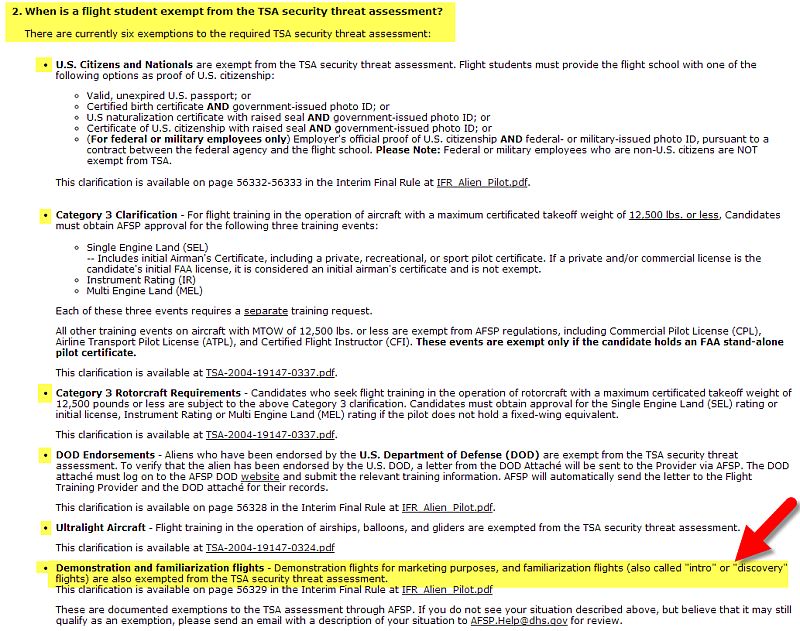JeffDG
Touchdown! Greaser!
OK, this one's going to be a bit strange.
First, I'm an alien. As such, I require approval from our good friends at the TSA in order to receive training for my initial (done), Instrument Rating or multi-engine rating. I don't need clearance for Commercial.
Second, it's a huge PITA if you want to work with multiple instructors. Each of them needs to be "approved" as a separate training request, and each request costs $150.
So...
Could I do most of my instrument training under 61.129(a)(3)(i), technically pursuing my commercial ticket, then once I've built a rapore with a CFII, get the TSA clearance for the Long IFR XC and 3 hours in last 60 days?
First, I'm an alien. As such, I require approval from our good friends at the TSA in order to receive training for my initial (done), Instrument Rating or multi-engine rating. I don't need clearance for Commercial.
Second, it's a huge PITA if you want to work with multiple instructors. Each of them needs to be "approved" as a separate training request, and each request costs $150.
So...
Could I do most of my instrument training under 61.129(a)(3)(i), technically pursuing my commercial ticket, then once I've built a rapore with a CFII, get the TSA clearance for the Long IFR XC and 3 hours in last 60 days?


